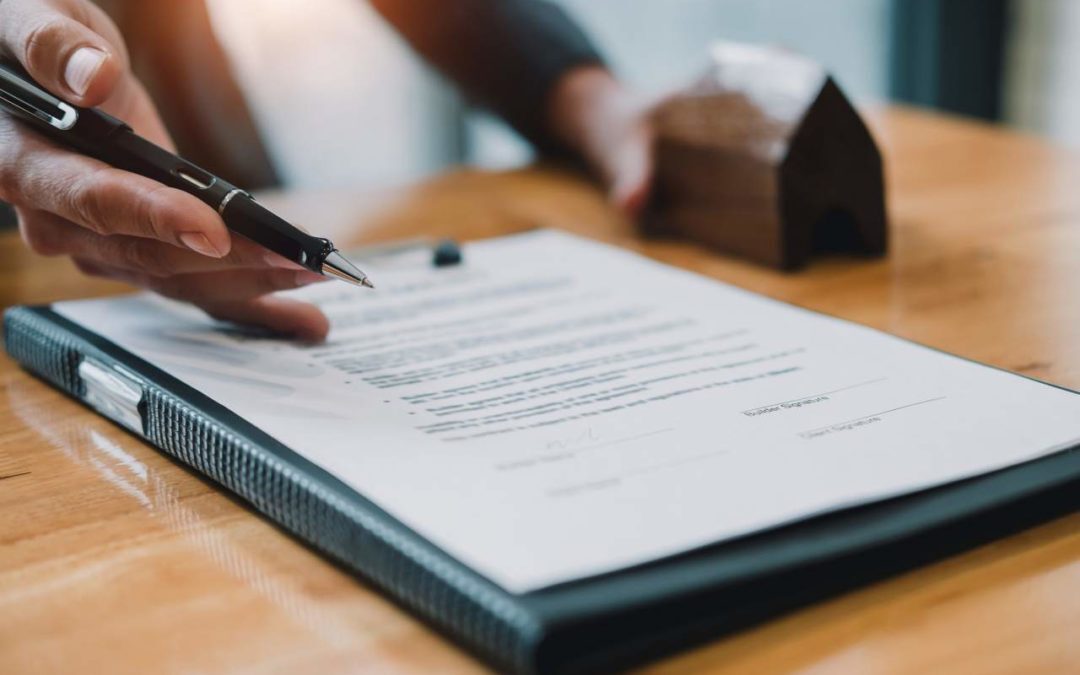Back in 2003, when I first started prosecuting real estate fraud cases as Los Angeles deputy district attorney, I was flabbergasted to learn that 37 states do NOT require notaries to keep a record book of their transactions. That number has dropped to 36 because as of October 20, 2021 because New Jersey now requires one.
Should every notary use a notary journal? Absuh-friggin-lutely Yes. For sure. Most definitely. Notaries public are the gatekeepers against fraud in some of the most important moments in life such as the transfer of real estate from one person to another, or the creation of a power of attorney, or the attestation of a will, and so on. It doesn’t take a brain surgeon to realize that sometimes these transactions go sideways, and you will need to remember the details when you are called as a witness in a lawsuit or – worse! – you get sued because one of the parties thinks (incorrectly) that you aided and abetted the other party’s wrongdoing. Try to remember the details of a notarization you did 3 years ago. Can you? What was the date? The time? Who were the credible witnesses? You probably can’t remember very clearly, if at all. That’s why you need to keep a journal.
What is the job of a notary?
The job of a notary can be separated into two jobs.
1-When notarizing a document, your first job is to verify the identity of the person who is supposed to sign the document and watch them sign. Can you think of why it might be important to verify a person’s identity? Well, what kinds of documents require a notarization? Usually, they are really important documents like property deeds, powers of attorney and wills. Imagine a world in which we didn’t verify the identity of the signers of these documents. Anybody could sign a deed that transferred ownership of your house or your parents house or your grandparents house to somebody else because nobody verified the identity of the signer. What if they could do that with a power of attorney? They could simply sign your name on the document and use it to empty your bank accounts.
Obviously, if that were the case, our economy and our whole way of life would grind to a halt. We
need notaries to verify identities.
2-Your second job as a notary is to place your seal on the document. Did you ever think about why you need to do that? You do that so that whoever receives the document knows that the signer’s identity was verified, which enables them to trust the document. Like the identity verification, if we couldn’t trust that signatures on important documents are real and not fake, then it would be very hard to do business with each other.
When would a notary need a notary journal?
The journal of notarial acts becomes important when something goes wrong in a transaction. Maybe an heir alleges that a will or deed was fraudulent. Maybe an ex-husband claims his ex-wife forged his name on a deed. Maybe business partners have a falling out and cast all sorts of allegations at each other. In each of these circumstances, the signatures on a document can be called into question many months and years after you conducted the notarization. What will remember about that transaction?
Imagine if an ex-husband alleged that you notarized his forged signature on a deed that his ex-wife brought to you. How could you prove to an investigator that, No, in fact the ex-husband did appear in front of you and signed the document himself? Well, if you recorded the transaction in a journal, you could point to the husband’s signature in the journal, which a detective could compare to other known signatures of his. California goes a step further and requires its notaries to take thumbprints for real estate transactions and powers of attorney, which makes it easy to prove the husband signed the journal and the document.
There are an infinite number of situations in which it would be extremely helpful to have a journal entry to remind you about a transaction. What if you had to provide the names of the credible witnesses who verified the identity of the signer? You would have those in the journal. What if the date of a signature were in dispute? You could look in your journal. What if someone was trying to prove that there was a new will? You could provide evidence a will was executed in front of you by a particular person on a particular day. And on and on.
Some of these questions could affect your own personal liability as a notary because victims of fraud often assume that the notary must have been involved. This is rarely true, but you want to be able to prove that you did everything right, and if you kept a journal, then you can use it in your own defense.
Every notary should record their transactions in a notary journal.
I guess my biggest question is, if you are a notary, why on Earth would you NOT keep a record of your notarial transactions. Your job is extremely important! By verifying identities and by giving people a way to trust that important documents are authentic, you are the very bedrock of our economy. Because of that, your actions as a notary can be called into question, so you need to keep a log book that helps you prove that you did everything right.
– David Fleck, CEO

